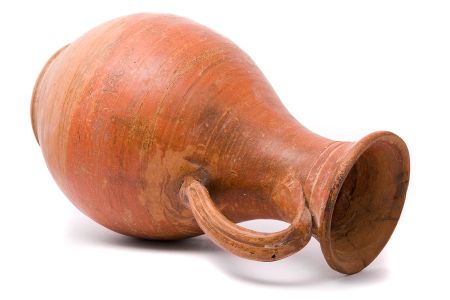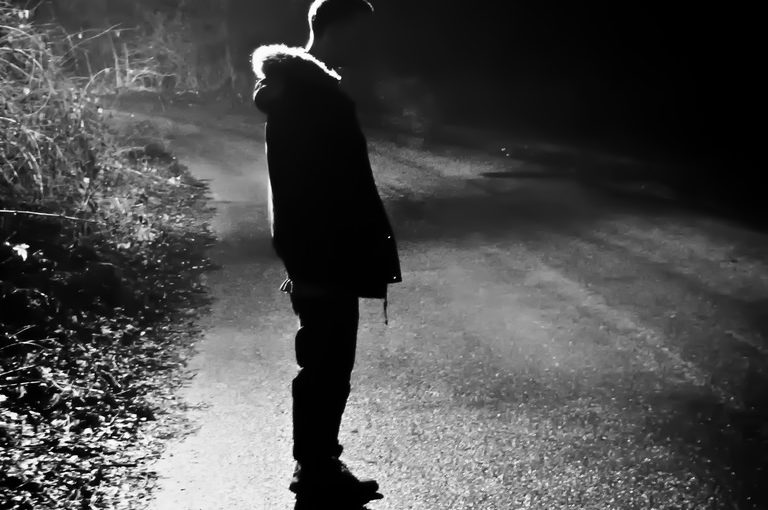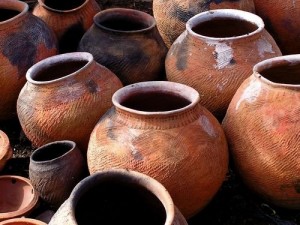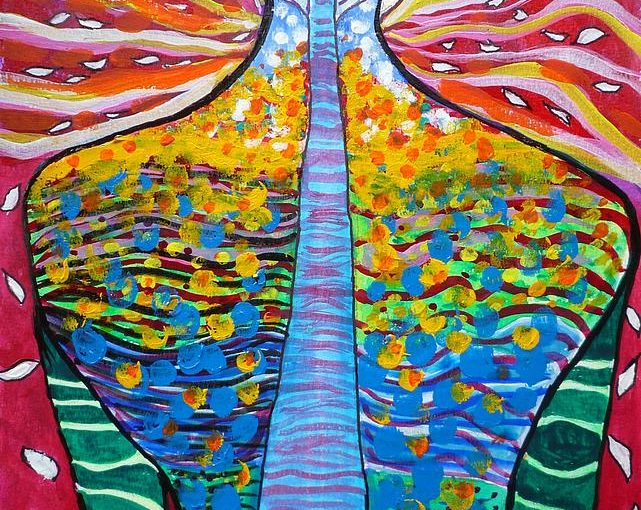John 4:27-42 (NRSV)
27 Just then his disciples came. They were astonished that he was speaking with a woman, but no one said, “What do you want?” or, “Why are you speaking with her?” 28 Then the woman left her water jar and went back to the city. She said to the people, 29 “Come and see a man who told me everything I have ever done! He cannot be the Messiah, can he?” 30 They left the city and were on their way to him.
31 Meanwhile the disciples were urging him, “Rabbi, eat something.” 32 But he said to them, “I have food to eat that you do not know about.” 33 So the disciples said to one another, “Surely no one has brought him something to eat?” 34 Jesus said to them, “My food is to do the will of him who sent me and to complete his work. 35 Do you not say, ‘Four months more, then comes the harvest’? But I tell you, look around you, and see how the fields are ripe for harvesting. 36 The reaper is already receiving wages and is gathering fruit for eternal life, so that sower and reaper may rejoice together. 37 For here the saying holds true, ‘One sows and another reaps.’ 38 I sent you to reap that for which you did not labor. Others have labored, and you have entered into their labor.”
39 Many Samaritans from that city believed in him because of the woman’s testimony, “He told me everything I have ever done.” 40 So when the Samaritans came to him, they asked him to stay with them; and he stayed there two days. 41 And many more believed because of his word. 42 They said to the woman, “It is no longer because of what you said that we believe, for we have heard for ourselves, and we know that this is truly the Savior of the world.”
Jesus: Crossing long-hostile cultural and gender and religious barriers to bring spiritual uplift to an entire community. Chooses an outcast woman to start this all, so in the process brings her dignity, uplift, and hope. Doesn’t worry about where his lunch is coming from, but is satisfied by participating in the work that his unseen God is doing on earth. Trying to inspire more people to live this way, because it’s a joy and because the earth needs people to join God in the beautiful things God is doing.
The Samaritan Woman: Suddenly surrounded by a bunch of speechless men she doesn’t know, she drops her water jar and runs back home. She doesn’t take a nap or open up her facebook, though. No, she tells her neighbors, “You have got to come with me to the well and meet this man Jesus! He just might be God’s messenger to us!” She becomes Jesus’ first “harvester”, his first ambassador to her own community, and a good one at that.
The disciples: Um, they interrupt a powerful one on one conversation Jesus is having, just at its most dramatic moment. But do they apologize for intruding and back away from the well? Do they make some gracious small talk and introduce themselves? Do they even say what’s on their mind, wondering why he’s talking to this woman?
No, no, and no. They start talking about food, and they take metaphor-spinning Jesus literally and ask dumb questions about his lunch money.
Some days we’re enlightened, and we are the hands and feet and voice of God into a world that needs good work, good ideas, healing touch, or encouraging words.
Some days enlightenment comes to us, as we are aware God is with us and we praise God, or we notice the kindness of friends or colleagues or strangers, and we have gratitude. Or, I don’t know, a business does right by us, and we post a glowy yelp review.
And then some days we’re just useless. We can’t get our head out of our rears, and we say and do awkward things, and we slip into the worst proclivities our genes or culture or bad habits or whatever have made available to us.
Strikes me that days like this, the disciples in this story are encouraging. Jesus still invites them to taste the food of doing God’s work. Jesus doesn’t shame them for their clueless bumbling, just as he doesn’t shame the woman for her marital history. He invites them to good work that will satisfy.
What kind of day are you having so far today? Ask God if there is food for you to eat today in the form of joining God in something God is doing.









